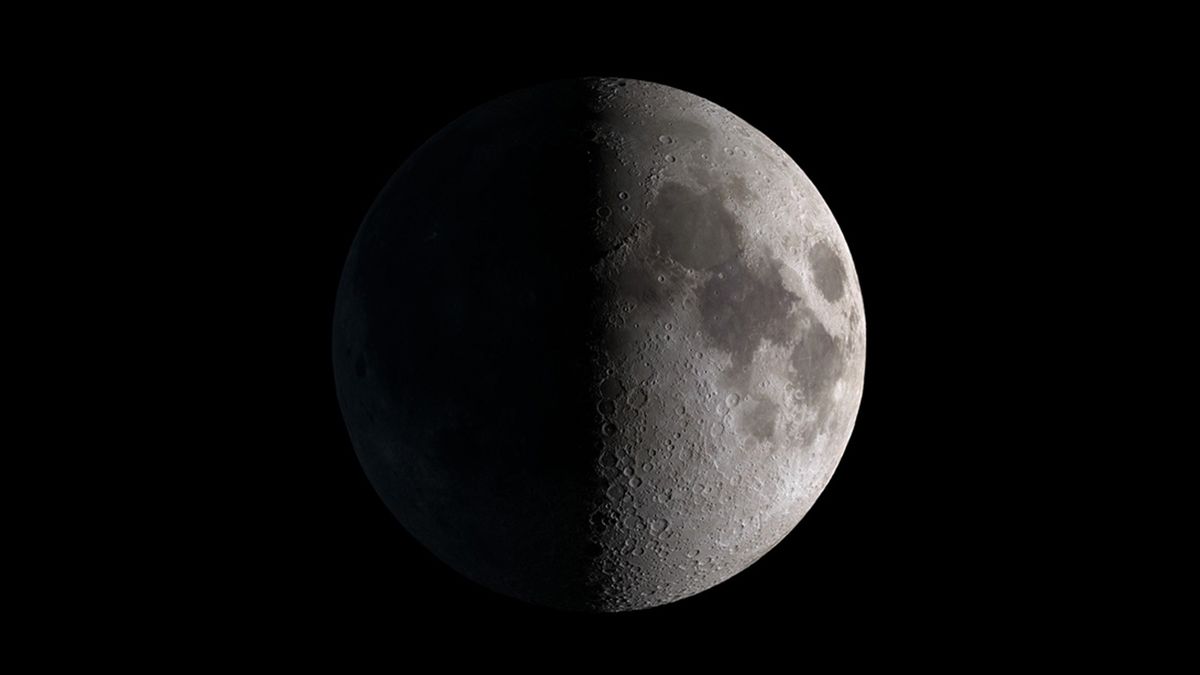This planet is closest to the Sun.
Mercury
 This is which phase of the moon?
This is which phase of the moon?
First Quarter
This season has the longest day of the year.
Summer
The Sun is this many years old.
4.5 Billion
Gravity does this as the mass of an object increases.
Increases
This planet is the hottest due to the Greenhouse effect.
Venus
Day
The Northern hemisphere (us) is receiving indirect sunlight during this season.
Winter
How many Earth's could fit inside the sun?
1.3 million
As you get further from away from an object, gravity does this.
Decreases
This planet is blue-green due to methane.
Uranus
True or False: We only see one side of the Moon.
True
This term is the difference in ocean water from high tide to low tide.
Tidal Range
The sun presently is this type of star.
Yellow Dwarf
One of Kepler's laws states that "planets move faster traveling towards the sun, and slower moving away".
Kepler's 2nd law
This planet is a reddish-brown due to iron oxide.
Mars
True or False: Many people can see a total solar Eclipse.
False
These tides have the largest tidal range.
Spring tides
This layer is the part where we "see light".
Photosphere
Kepler's 1st law.
This planet has the fastest rotation.
Jupiter
A solar eclipse only occurs during this type of moon.
New
The difference between the gravitational force of the sun and moon.
Tidal Force
This layer is where we "see color".
Chromosphere
Which one of Kepler's laws states "R^2=AU^3"?
Kepler's 3rd Law